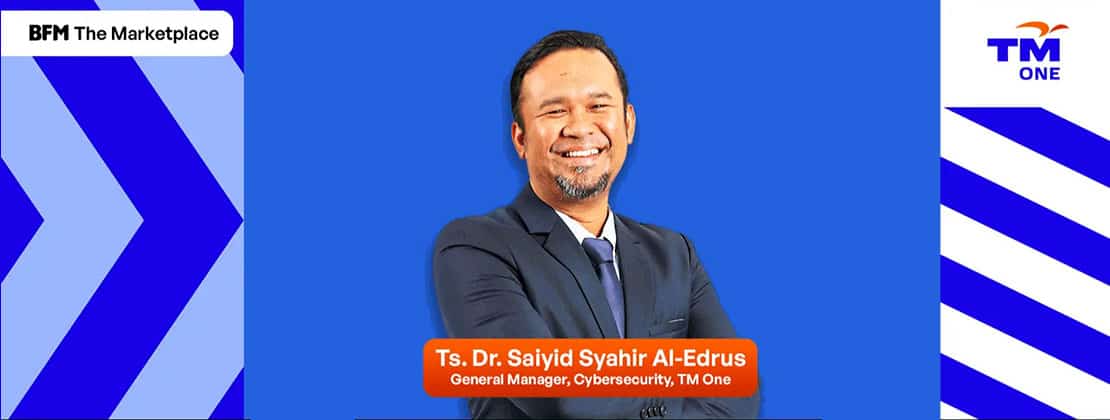

KUALA LUMPUR, 9 AUGUST 2022 – NCT Group of Companies (NCT) and Telekom Malaysia Berhad (TM) through its enterprise and public sector business solution arm, TM One, have today signed a Collaboration Agreement for the integration of end-to-end digital solutions for NCT’s landmark Selangor Smart Industrial Park (SSIP).
The collaboration is aligned with NCT’s aspirations to establish dynamic and future-ready property developments while redefining Malaysia’s industrial park concept, with SSIP on track to become the first Managed Industrial Park (MIP) certified park in Malaysia.
Powered by TM’s robust and secured digital infrastructure for both fixed and wireless connectivity, as well as digital solutions including Smart Services, ICT Solutions, Cloud and Cybersecurity Services, among others, SSIP will offer a differentiated experience with the latest in smart innovations – becoming one the leading developments in Malaysia to effectively implement end-to-end digitisation across all its facilities that will enable more efficient, modern and sustainable operations.
In addition to the digitalisation of business and residential facilities, SSIP will also include an AI-managed centralised employee quarters complete with smart surveillance, supporting NCT’s close to 10,000 workforce more efficiently, in a safer and secured environment. It will also house a Smart Wellness Centre leveraging on TM One’s end-to-end comprehensive digital solutions.
SSIP will reflect NCT’s Environmental, Social and Governance (ESG) aspiration and decarbonisation goals, with plans for 1,000 units of solar-ready factories and warehouses. Coupled with TM’s Smart Service solutions such as Smart Surveillance, Smart Street Light, Smart Building, Smart Premise, Smart Parking and Smart Community, this will also factor into creating a comfortable and greener ecosystem in SSIP.

Dato’ Sri Yap Ngan Choy, Group Managing Director of NCT said “It is a privilege to work alongside TM to ensure full suite of connectivity to power our SSIP. The role of TM is crucial in providing the groundwork and framework to realise our vision of creating a fully integrated end-to-end digital solution for our clients. With the development and application of advanced technology, we aim to set a new benchmark to transform the design of industrial parks in the country while playing an active role in advancing Malaysia’s digital aspirations. Coupled with the immense economic potential, SSIP will continue to enhance Selangor’s position as the top investment destination in the country.”
Shazurawati Abd Karim, TM One’s Executive Vice President shared, “We are excited to embark on this alliance with NCT and to support their aspirations to establish a smart, efficient, resilient and sustainable industrial park – one that will redefine the digitalisation of property developments in Malaysia.”
“Aligning with TM’s mission to become a human-centred technology company, our comprehensive solutions from connectivity to smart services and digital innovations will advance the quality and efficiency of businesses and residents within SSIP – taking transformation forward for future communities,” she concluded.
For further information on TM One, visit www.tm.com.my/tmone